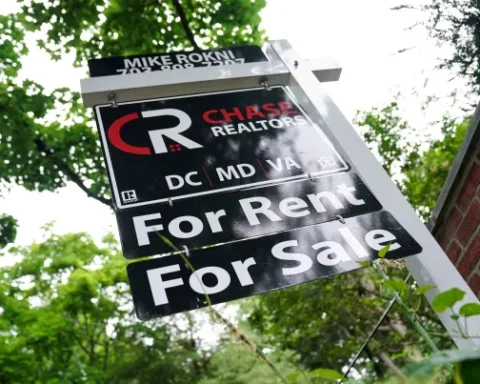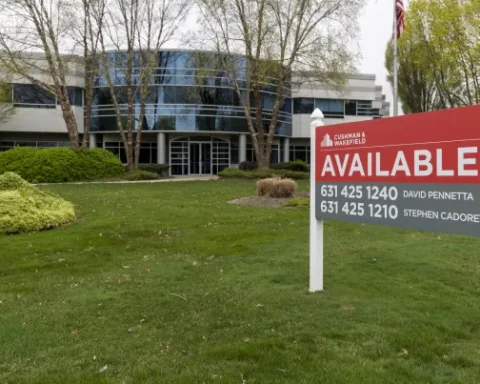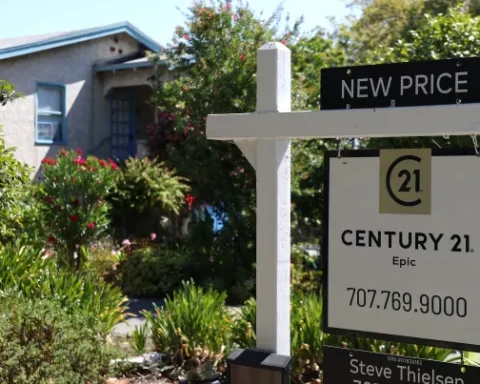In the ever-evolving landscape of U.S. housing, the White House has introduced a new plan dubbed the “Renters Bill of Rights.” At its heart, this plan strives to offer more robust protections for the estimated 44 million U.S. renters who face challenges such as rising rental costs, potential eviction threats, and limited knowledge of their rights as tenants. While the bill aims to provide a more stable and fair rental environment, there are questions and concerns about how much it will truly benefit renters.
The main objectives of the “Renters Bill of Rights” include guaranteeing safe, accessible, and affordable housing for renters, ensuring transparent and fair rental agreements, bolstering renter rights through education and enforcement, allowing renters the right to organize, and putting mechanisms in place to prevent unjust evictions. As Nathan Claire, founder of Buying Jax Homes, mentioned, “The Renters Bill of Rights is a set of legislative proposals aimed at protecting the rights of renters and improving the rental housing market in the United States.” He emphasized that the White House is trying to address critical issues like eviction, affordability, and housing discrimination.
However, not everyone views the bill as a comprehensive solution. The bill does not address the direct action against rising rental costs, which saw an increase of 7.45% in 2022. Scott Trench, co-host of the BiggerPockets Money Podcast, notes, “The ‘Renters Bill of Rights’ looks like a new directive to examine and investigate the housing market for unfair or illegal practices.” He further explains that the wording within the bill is somewhat ambiguous, making it challenging to argue for or against it.
Furthermore, while the Renters Bill of Rights hints at controlling rental price hikes by ensuring they remain “reasonable,” there’s no direct mention of specific strategies or implementations like rent control to benefit renters. Trench observes, “While this word means nothing specific at this stage, it’s not ‘unreasonable’ for a reader of the plan to see it attempt at federal rent controls.”
The housing market’s realities of supply and demand play a significant role in rental costs. An increase in housing supply is anticipated, with nearly 1.6 million new units expected to come to market soon, predominantly in the South and West regions. Scott Trench posits, “That supply will have a softening impact on both rents and housing prices in many regions around the country.” Experts suggest measures like tax incentives for developers and efficient zoning policies in urban areas to impact rental prices genuinely.
The White House’s “Renters Bill of Rights” represents a step forward in recognizing and addressing the concerns of renters across the U.S. While it offers numerous protections, the real challenge lies in its implementation and the broader strategy of balancing supply and demand in the rental market. Only time will tell if this initiative will pave the way for a more affordable and just rental environment.







